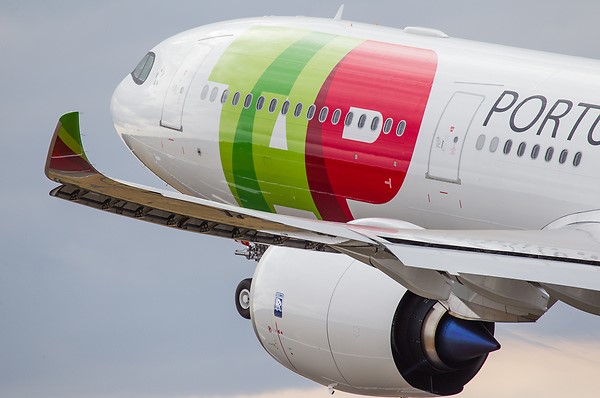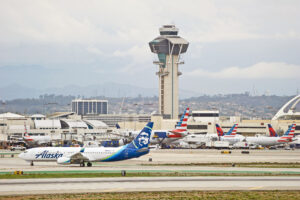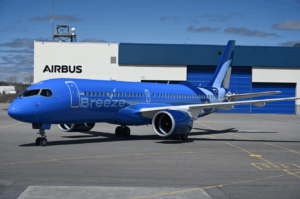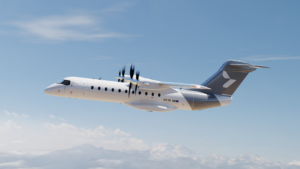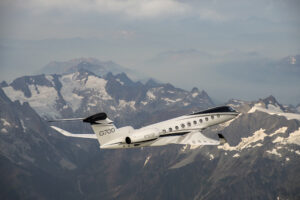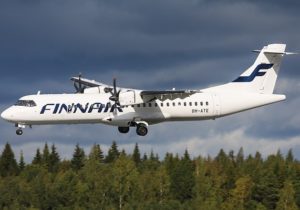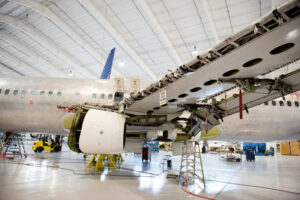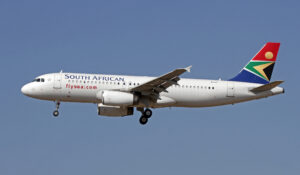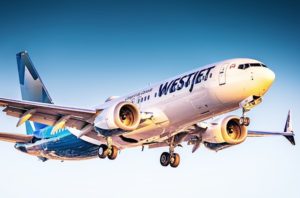Portugal’s flag carrier TAP Air Portugal (TAP) has posted a remarkable 62% surge in net profit for the third quarter, setting a new record at €180.5 million (US$192 million). This impressive financial performance was attributed to robust revenue growth and stringent cost controls, which significantly boosted operating margins, all while the company is gearing up for privatisation.
The state-owned airline further boasted a historic profit for the first nine months of this year, amassing €203.5 million, a stark contrast to the year-earlier loss of €90.8 million.
TAP reported that its third-quarter operating revenue climbed by 12.5% to €1,258.5 million compared to the previous year, surpassing even the pre-pandemic levels of 2019. Ticket revenue, in particular, saw an impressive 17.9% growth, reaching €1,181.3 million from 2022 levels.
The airline disclosed that passenger traffic rebounded to 90% of the numbers carried in the same quarter of 2019.
Last month, the government initiated the privatisation process for TAP, with plans to sell a minimum of 51% of the company. Notably, several major global carriers, including IAG, Lufthansa and Air France-KLM, have expressed their interest in acquiring TAP.
Quarterly operating costs experienced a slight uptick of just 1.5% compared to the previous year, reaching €978 million. This was mainly due to a significant 23% decrease in fuel costs, which nearly offset a 60.5% rise in wage costs as the company had to reverse most of the pay cuts imposed under a restructuring plan.
TAP’s recurring earnings before interest, taxes, depreciation, and amortization (EBITDA) made a leap of 42% to €380.4 million and its EBITDA margin, a crucial measure of profitability, increased to 31% from 25% compared to a year ago.
In the third quarter, the airline successfully carried 4.54 million passengers, marking an increase from the 4.32 million passengers transported during the same period the previous year.
By the end of September, net debt stood at €671 million, down from €702 million at the close of 2022. This reduction in net debt resulted in a notable improvement in the net debt/EBITDA ratio, which now stands at 2.4-times compared to the previous 3.5-times. (£1.00 = €1.15/$1.22 a time of publication).

